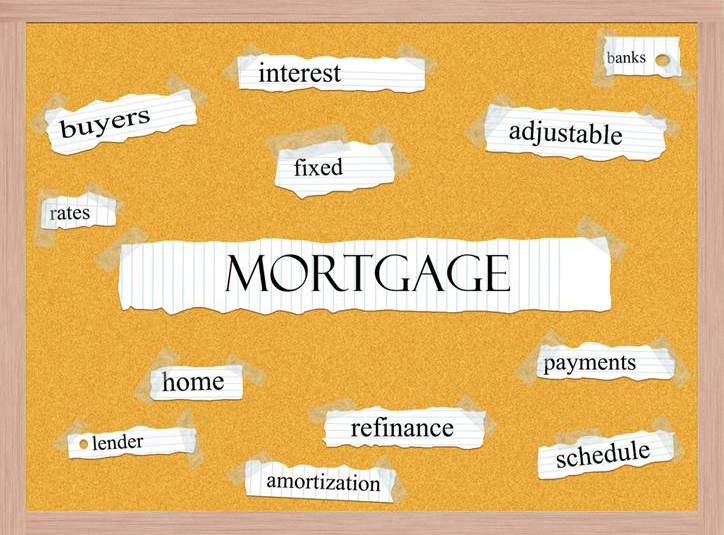If you are in the process of purchasing a home or if you’re planning to build a home, it is likely that you will be working with a mortgage lender to arrange financing. The process of securing a home loan can be complicated and confusing. It is important to make sure you understand the terms and responsibilities associated with your loan so you don’t end up trapped in a mortgage you can’t afford. Here are 3 questions that you can ask your potential lender about your mortgage to get you started.
What is the interest rate and when can I lock it in?
It is important to know the interest rate of your loan in order to know how much you are expected to pay over the entire term of your loan. Your interest rate will vary based on your credit score, the lending institution and the current market. You should specifically ask for the Annual Percentage Rate (APR), which will allow you to compare with other lenders. Be sure to ask, though, if there are any other fees that might impact the advertised rate so that there are no surprises.
Another good question to ask is whether or not you can lock in your interest rate for the period between applying for the loan and the closing date, when it is possible for the percentage to fluctuate. You can read the Rate Trend Index, which will tell you if the experts expect interest rates to increase during this time frame. There may be some fees associated, so just go ahead and double check on these as well.
What documents do I need to provide to secure my home loan?
It is likely that your lender will require you to provide proof of income and documentation of your assets in order to process your loan application. Lenders will be looking for W2s, paycheck stubs, investment and tax documents, and rental property income. If someone has given you money toward your down payment, it is important to have the person sign a letter certifying that the money is not a loan. If you have excellent credit, you may be eligible to waive documentation that is otherwise required. Be advised, however, that home loans often require a large down payment and will typically have higher interest rates than standard loans.
If you’re building a home, you’ll need all of this paperwork to get started. You’ll also need information on the type of house you’re wanting to build. Are you planning to build a traditional home, or are you considering options like a modular home or shipping container house? Are you using predrawn blueprints or having custom plans written up? Your lender will need all of this information.
What might delay approval of my home loan?
Delays in approval are usually related to concern over your ability to pay the mortgage. Credit issues are one of the most common concerns that delay approval of your loan, so it is important to find out how your credit score will affect the process and approval of your application. Additionally, changes in your salary, change in marital status, or additional debt that was incurred after applying can all hold up your application.
Errors or inconsistencies in your documents can also hold up your loan application. Be sure that you have no white out or alterations on your forms. Documents expire within 60 days of submission, so it is important to have access to updated versions in case the approval is delayed beyond that.
A home loan is one of the largest financial commitments you can make, so when applying for a home loan, it is important to ask these questions of your potential lender to ensure that your mortgage is the right fit for you and your finances.
Featured Image: depositphoto/Goodluz




